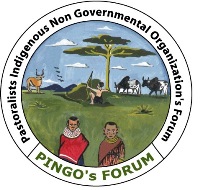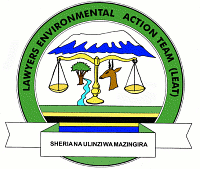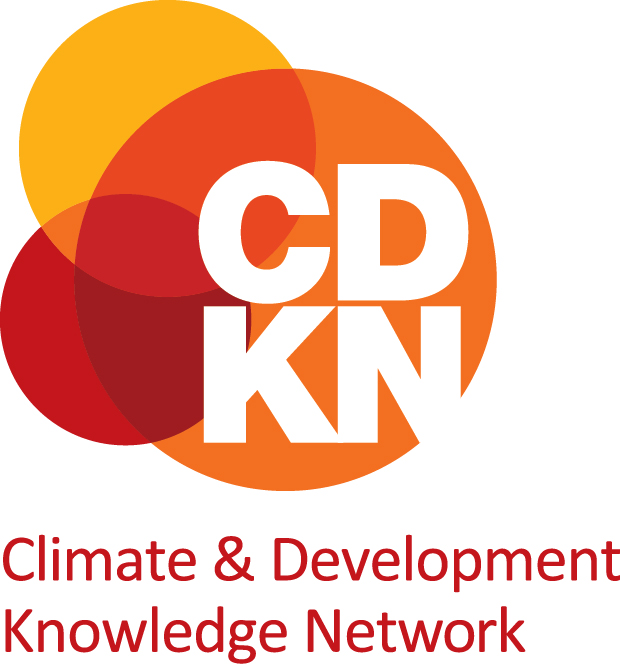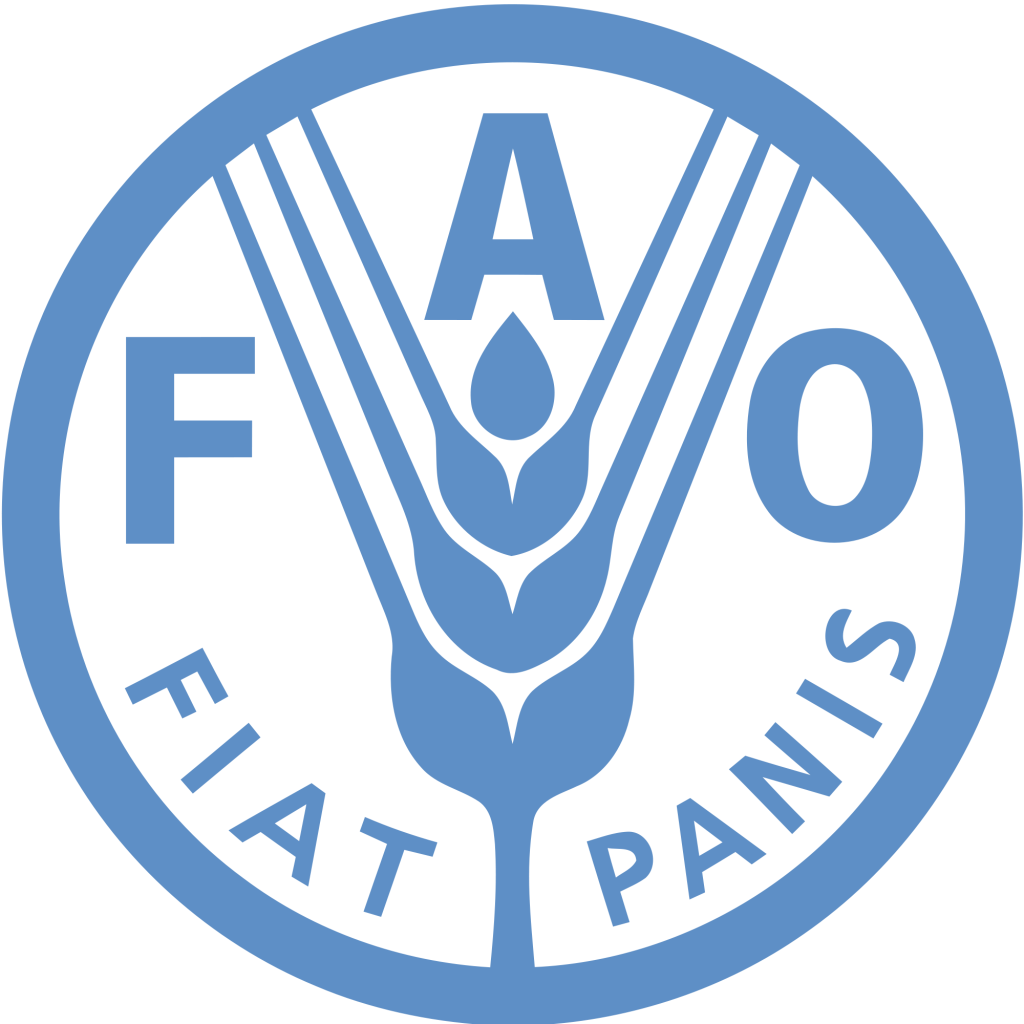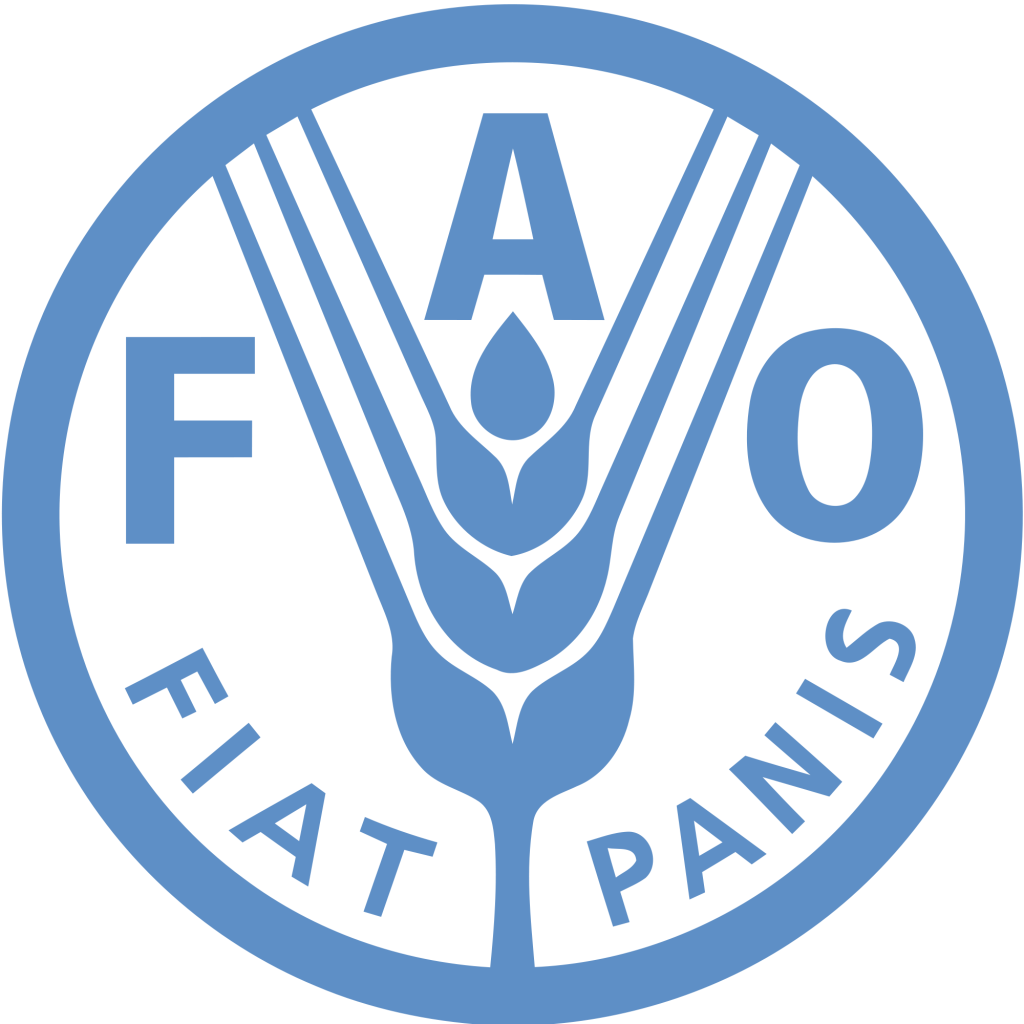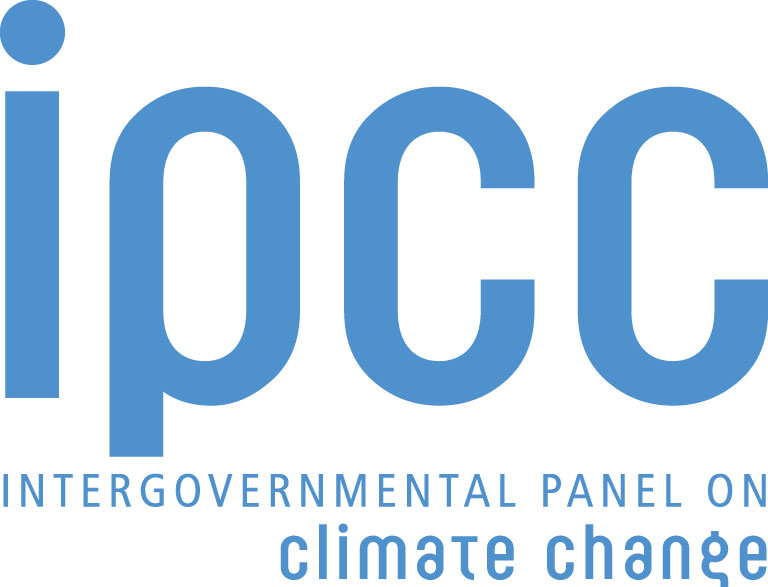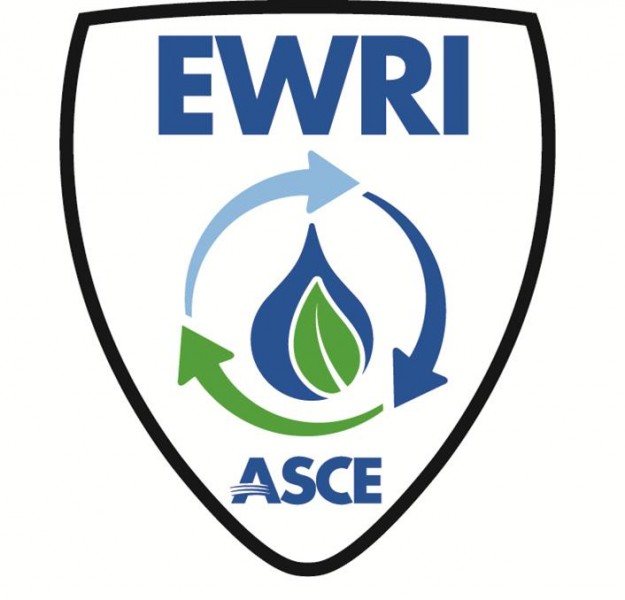Pastoralists Indigenous Non Governmental Organizations Forum
The Pastoralists Indigenous Non Governmental Organizations Forum (PINGO's FORUM) is an advocacy coalition of indigenous peoples organizations who are currently 53, working in Tanzania for the rights of the marginalized indigenous pastoralists and Hunter-gatherers communities. It was established in 1994 by six pastoralists and hunter gatherers organizations in their struggle for land right and development agenda
OUR MISSION

